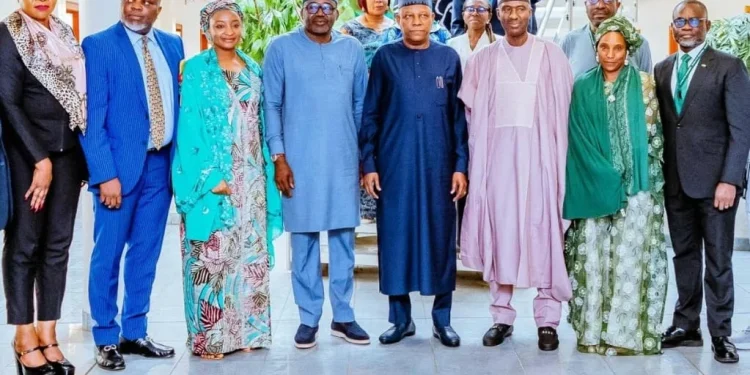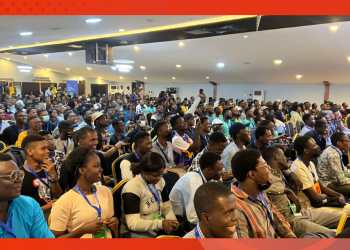Nigeria is stepping up support for its tech and creative sectors with its Investment in Digital and Creative Enterprises (iDICE) programme. Backed by the federal government, the fund aims to revitalise the country’s startup ecosystem and attract more private investment.
A Boost for Nigeria’s Startup Ecosystem
Nigeria has emerged as one of Africa’s most dynamic tech markets, yet early-stage startups have often struggled to access funding. The iDICE initiative introduces over US$617 million in government-backed capital, designed to bridge this gap and stimulate growth in the tech and creative industries. The programme targets young Nigerians aged 15–35 and is implemented through the Bank of Industry.
How iDICE Works
The fund combines equity, quasi-equity, and debt financing, with additional support for skills development and enabling policy measures. Development partners such as the African Development Bank, Agence Française de Développement, and the Islamic Development Bank are contributing alongside government resources.
iDICE has already made anchor investments, including a US$64 million fund managed by Ventures Platform, and plans to launch two additional funds for creative startups and smaller tech-focused funds in 2026.
Opportunities and Challenges
The initiative is expected to attract private investors by reducing risk and signalling confidence in Nigeria’s startup market. It also aims to create jobs and diversify the economy away from oil reliance. However, success will depend on effective execution, inclusive access beyond Lagos, and continued development of infrastructure and regulatory support.
Stakeholders have welcomed the programme. Vice President Kashim Shettima called it an “exciting milestone” for Nigerian youth, while Ventures Platform’s Kola Aina expressed confidence in helping young entrepreneurs bring their ideas to life.
Charting the Future of Nigeria’s Startup Scene
iDICE represents a major step in Nigeria’s public-private partnership approach to startup funding. With large-scale investments and new funds targeting both tech and creative sectors, the programme could reshape the country’s innovation landscape. For investors, founders, and policymakers, the next two years will be critical in determining its impact.
















